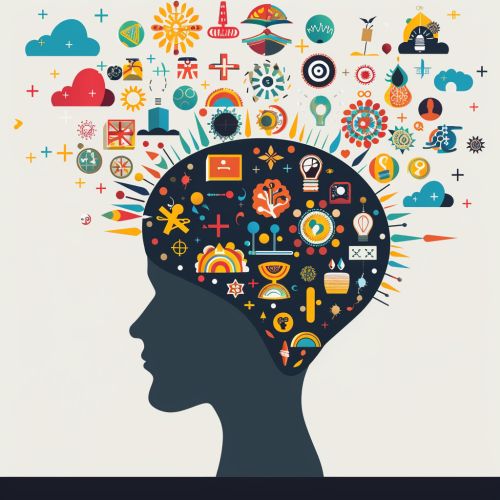Analytical Psychology
Overview
Analytical psychology, also known as Jungian psychology, is a branch of psychology that originated from the ideas of Swiss psychiatrist Carl Gustav Jung. This school of thought emphasizes the importance of the individual psyche and the quest for wholeness. Analytical psychology is distinguished by its focus on the role of symbolic and spiritual experiences in human life, and rests on Jung's theory of archetypes and the existence of a deep psychic space or collective unconscious.


History
Analytical psychology is a continuation of Freud's psychoanalysis, but with a more comprehensive and inclusive perspective. The term "analytical psychology" was coined by Carl Jung in the early 20th century, after his break with Sigmund Freud. The split was largely due to differing views on the nature of the unconscious. While Freud maintained that the unconscious was primarily a repository of repressed emotions and desires, Jung believed in a more complex and layered unconscious, which included not only personal repressions but also archetypal symbols and forms shared across all human cultures.
Theoretical Concepts
Analytical psychology is based on several key concepts, including the psyche, archetypes, the collective unconscious, individuation, and synchronicity.
Psyche
In analytical psychology, the psyche is viewed as a self-regulating system that seeks to maintain balance. Jung believed that the psyche is composed of various components, including the ego, the personal unconscious, and the collective unconscious.
Archetypes
Archetypes are universally inherited patterns of behavior or images that reside in the collective unconscious. They represent fundamental human motifs and experiences, such as the Mother, the Child, the Trickster, and the Hero. Archetypes are not consciously known, but are inferred by their effects on behavior, emotions, and the psyche.
Collective Unconscious
The collective unconscious, a term coined by Jung, refers to the part of the unconscious mind that is derived from ancestral memory and experience and is common to all humankind. It is distinct from the personal unconscious, which arises from personal experiences.
Individuation
Individuation is the process of integrating the conscious and unconscious parts of the mind to achieve self-realization and wholeness. It is a central concept in Jung's analytical psychology.
Synchronicity
Synchronicity is a concept introduced by Jung to describe the occurrence of two or more events that appear causally unrelated but are experienced as occurring together in a meaningful manner.
Clinical Applications
Analytical psychology has been applied in various clinical settings, including psychotherapy, dream analysis, and art therapy. It emphasizes understanding the patient's individual experiences and the exploration of the unconscious.
Criticisms and Controversies
Despite its contributions, analytical psychology has been criticized for its lack of empirical evidence, its reliance on subjective interpretation, and its potential to encourage overemphasis on internal experiences at the expense of external reality.
Influence and Legacy
Analytical psychology has had a significant impact on psychology, psychotherapy, and related fields. It has influenced the development of other psychological theories and practices, such as humanistic psychology, existential psychology, and transpersonal psychology.
